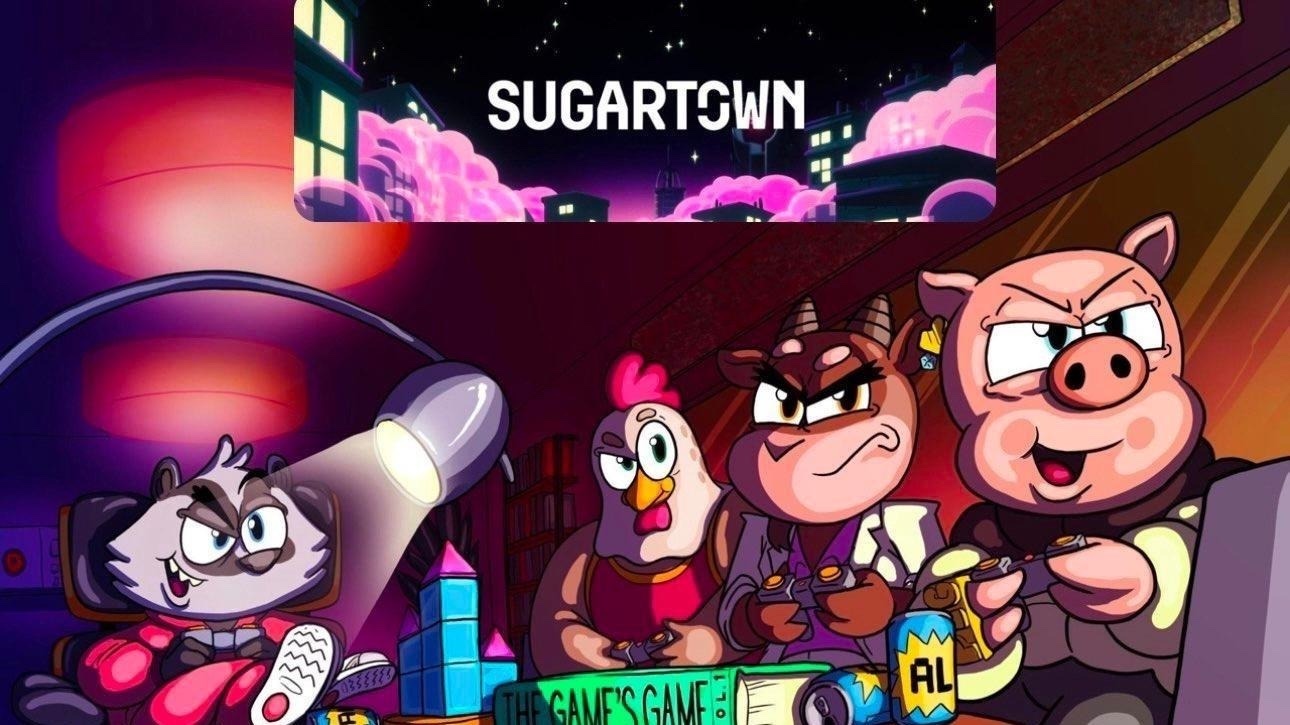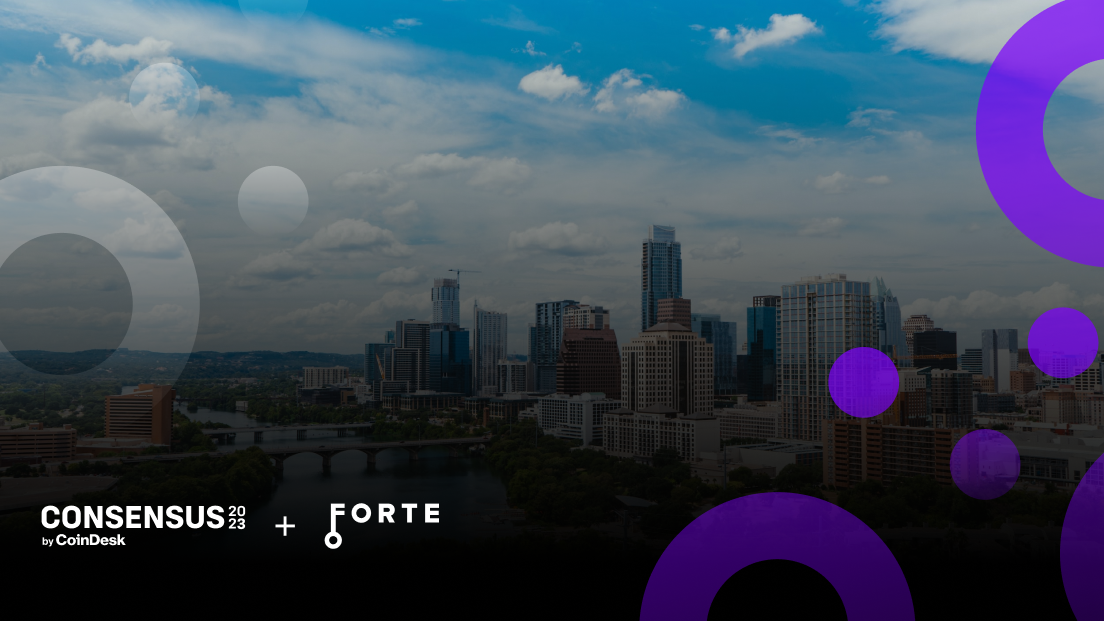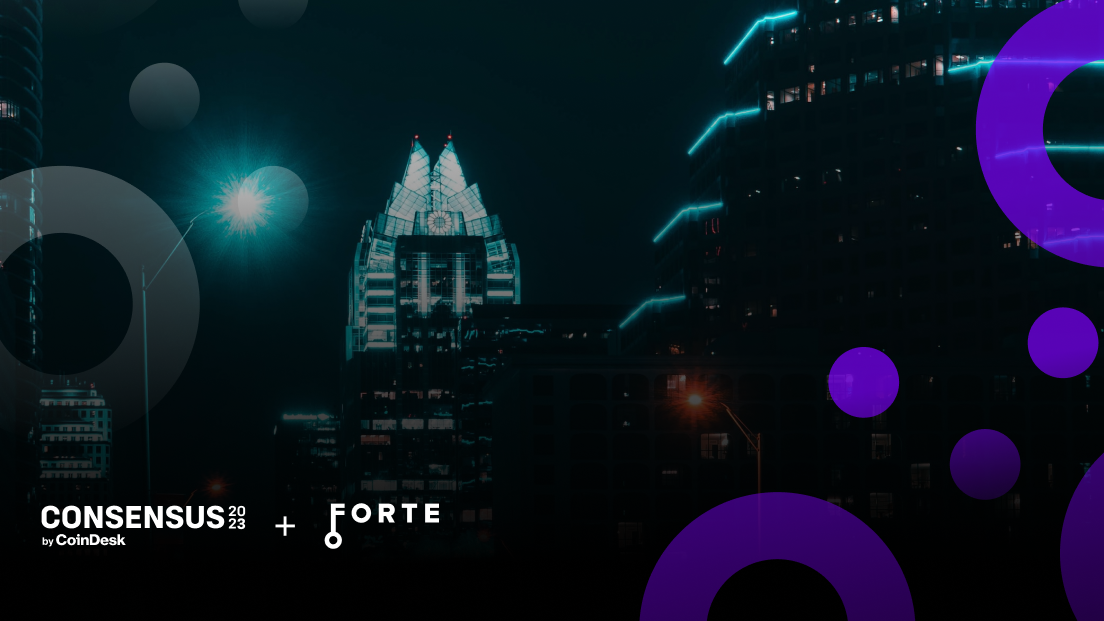You’ve probably heard the tale of GME, the ticker symbol for the video game retailer GameStop, and WallStreetBets (WSB), the 8 million-strong Reddit community of insurgent stock investors.
WSB made a successful push to send GME soaring in just two weeks from under $20 to an all-time high price over $347 on January 27th, 2021, putting hedge funds like $12 billion giant Melvin Capital Management, which had bet against the stock, in dire jeopardy.
GME’s meteoric rise was halted in its tracks the next day by the sudden announcement by a number of stock trading platforms, chief among them Robinhood, that new purchases of the stock would be temporarily suspended. This left retail investors — regular people who purchased GME — holding the bag and gave large institutional traders a chance to unwind their positions and mitigate their losses.
The story provides a stark look at how many financial markets work today, and how powerful incentives and overlapping interests among Wall Street’s giant trading firms combine to disadvantage retail investors against them.
According to Robinhood and other discount brokers, the reason they shut down trading was because the financial institutions handling the actual execution and settlement of stock transactions had suddenly announced an increase in the collateral needed to authorize purchases of GME and other stocks being promoted on WSB and social media — doubling or even tripling the required deposit required.
With thousands of people buying GME options, the market makers behind the stock found their risk exposure growing. As the price of GME rose, the cost of paying out the options they’d written soared — forcing these market makers to purchase GME stock to bolster their hedge. And, of course, market makers themselves joining the buying frenzy only sent GME’s price even higher. This situation, where market makers are forced to buy the stocks underlying their options due to a rapid increase in the stock price quickly driving previously out-of-the-money options in the money, is called a gamma squeeze.
While the GME short squeeze put a few hedge funds like Melvin at risk, the gamma squeeze that occurred when the stock’s entire option chain went “in the money” overnight threatened a much larger and more fundamental part of the financial establishment.
By making huge payments for order flow (PFOF), Citadel Securities has made itself the largest source of revenue for Robinhood, which launched its “Stocks For the People” brand by pioneering the idea of “zero commission trading.”
The gamma squeeze may have been a knife at Citadel’s throat. Citadel may have been desperate to do something to stop the flood. But what could it do?
For one, it could put pressure on brokers to curtail purchases of GME stock and options. Many have reported the unique relationship that Citadel has with Robinhood and other discount brokers: It pays them billions of dollars in order to serve as their “preferred” market maker, ensuring that the millions of orders executed on those platforms are directed to them rather than a competitor.
But Citadel explicitly denies it: According to a statement it made to CNBC and other media, Citadel said it “has not instructed or otherwise caused any brokerage firm to stop, suspend, or limit trading or otherwise refuse to do business.”
Did collusion or market manipulation occur among these overlapping institutions? These are questions for regulators, legislators and lawyers to address — and the world may never know, absent a complete and transparent investigation into the circumstances surrounding the GME halt.
The fact that we don’t know the answer to these questions makes one thing very clear: We need, and investors deserve, a better, more transparent, more equitable market than the one we have today.
Want to hear a much more detailed account of the entire Gamespot incident and what it means for the investor community? Read our in-depth article here.



